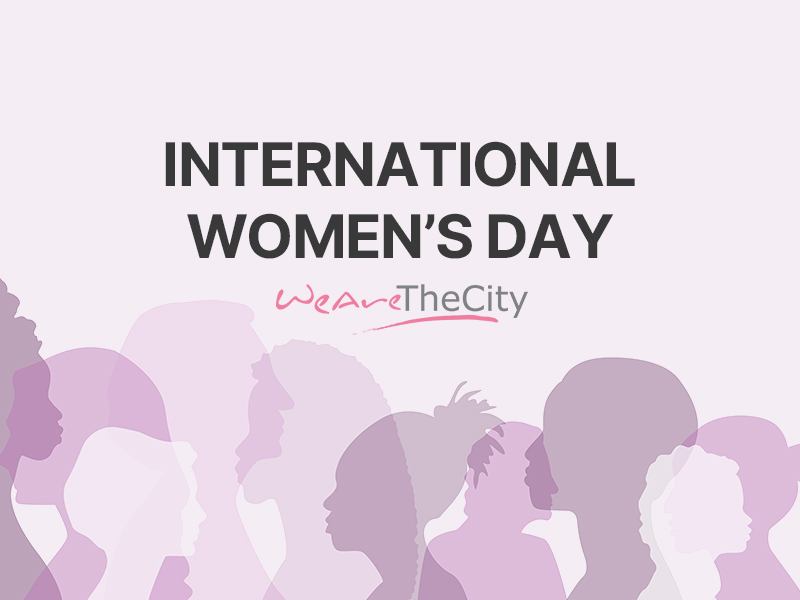
Article by Jenny Hinde, Executive Director at The Clear Company
We’ve come a long way when it comes to Diversity, Equity and Inclusion (DEI) in the workplace.
In the UK, more women occupy leadership positions than ever before. 40% of FTSE 100 board positions are now held by women – a significant leap forward from just 12.5% 10 years ago.
And although this places us high on the global ranking for gender parity in boardrooms, for many businesses across the country, there is a lot of work to be done.
Just recently, it was reported that the UK’s gender pay gap currently stands at 14.9% – meaning between January and February of this year, women have worked more than 50 days for free compared to their male counterparts.
For certain sectors, such as engineering, technology and construction, a traditionally “male-dominated” culture has been harder to shake off.
Women, no matter what sector or seniority, continue to face a plethora of obstacles in their careers. The recent conversation surrounding women’s health and menopausal support has certainly brought this issue to the fore – the view that providing the right medical support to women somehow risks reducing medical support to disabled men is truly concerning. It’s safe to say that empowering women in the workplace is more critical than ever.
However, for many women, asserting themselves, negotiating for more, and stepping into leadership positions can seem daunting. It is key to remember that women will also face other barriers due to race, age or being a parent, which increase the challenges for many.
Closing the confidence gap
So, for young women navigating the complex world of work today, are there any tips for surviving and thriving. For me, one thing I wish I could tell my younger self is: become your own biggest advocate.
When it comes to pursuing leadership positions, for example, don’t be intimidated. Embrace difference and remember that women in leadership roles can offer a wider perspective and bring improvements – the evidence is there. Gender equality boasts numerous benefits for businesses – such as increased company profits, better mentorship opportunities and inspiration for the next generation of leaders.
Be heard
Women can feel pressure to maintain politeness to avoid being stereotyped as bossy and abrasive by their colleagues. However, your voice is important and should be heard, so don’t be afraid to use it. Speak up for yourself and the women around you by identifying the gaps, blocks and issues you are facing. Remember that doing this can have both immediate and long-term positive impacts. If this is something you don’t feel comfortable with, there are things you can do to prepare for this.
It is often helpful to keep record of your achievements and the value you bring to the company to refer back to if you find yourself having a difficult conversation. Research and come prepared with evidence. This is particularly important if speaking about positions, promotions or pay. Note down your strengths and goals and be sure of them and direct – you can even benchmark yourself.
Remember to get the visibility and space you’ve worked hard for and that conversations like these will get easier the more you have them.
Overcoming imposter syndrome
Imposter syndrome is a common theme amongst women in the workplace, particularly in spaces where women are the minority. This becomes even more likely when analysing women through an intersectional lens – for example, disabled women or women who are part of the LGBTQ+ community.
It’s a persistent feeling of doubt when thinking about your achievements and skills, and often leaves you feeling like a ‘fraud’ in your position. It’s something that I — like so many women — have or will experience at one point or another.
When struggling with this, it’s important to rewrite the narrative in your head and remember that your hard work and success has got you to where you are now; it wasn’t an accident. Recognise your worth within the team and that you are there for a reason.
Finally, be confident in creating boundaries and prioritise your own needs. You can also use your position to mentor other women and gain allies. Advocating for yourself does not just benefit you. It also advances the success and future of others too.
About the author
 Jenny has more than 20 years’ experience as an HR Director, her previous role as an HR Director of Amey saw her lead a successful Diversity and Inclusion agenda in the construction and engineering sector for 10 years. Jenny is highly experienced in inclusive practice, people and HR strategy and implementing robust solutions to diversity challenges. At the Clear Company she works closely with clients such as Balfour Beatty and Atkins and has successfully developed and facilitated global inclusive leadership programmes in order to align leaders to a common inclusion agenda, including 1:1 Executive Coaching.
Jenny has more than 20 years’ experience as an HR Director, her previous role as an HR Director of Amey saw her lead a successful Diversity and Inclusion agenda in the construction and engineering sector for 10 years. Jenny is highly experienced in inclusive practice, people and HR strategy and implementing robust solutions to diversity challenges. At the Clear Company she works closely with clients such as Balfour Beatty and Atkins and has successfully developed and facilitated global inclusive leadership programmes in order to align leaders to a common inclusion agenda, including 1:1 Executive Coaching.









